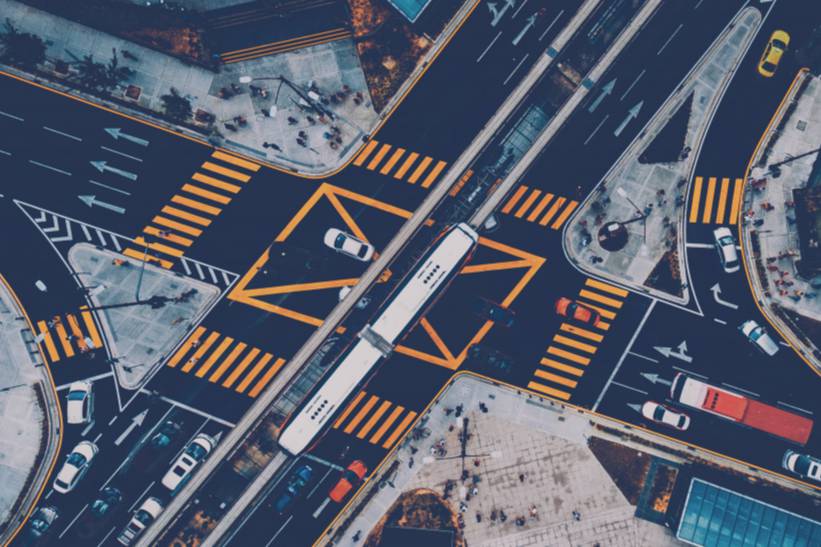
Growing expenditure on applying ICT technologies for smart cities, which in 2021 may reach $135 billion globally, incorporation of multiple IoT devices and sensors within urban settings and introduction of urban open data enable application of various AI/ML approaches for improving citizens quality of living, resources conservation and supporting decision making process. Foremost AI/ML allows to shift municipalities from smart to cognitive state:
– Urban Planning – combining locations analytics, GIS and machine learning models to support city planners in urban design in locating residential/commercial areas, planning transportation routes, identifying poverty areas, understanding and predicting changes that may occur.
– Environment – predict air quality based on pollution sensor data and issue alerts, identify water leaks, optimize garbage collection using RFID data, forecast drought periods and their impact, scenario planning for city resilience
– Energy – benchmark energy consumption of residential and commercial buildings to identify inefficiencies based on building characteristics, weather data and energy consumption, identify anomalies within consumption and propose energy optimisation projects.
– Transportation – optimising traffic lights and public transportation routes using sensor data, cameras and reinforcement learning, identifying free parking spaces and parking violations.
– Safety & Security – analyse crime data, identify areas with high rate and probability of crime occurrence, optimise patrol routes and schedules, locate stolen cars and criminals by using image recognition.
The applications of artificial intelligence for mentioned examples of use cases include variety of AI approaches, including machine learning, image recognition, text mining, reinforcement learning or generative AI.